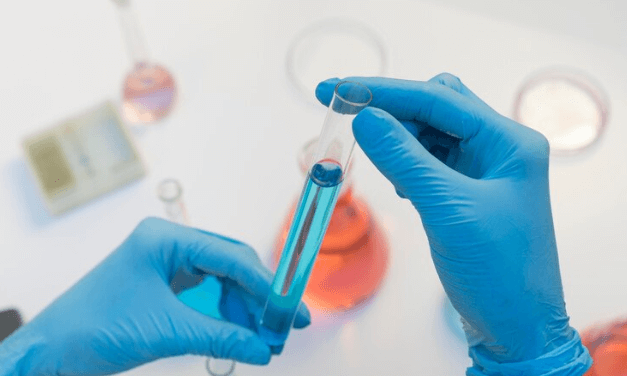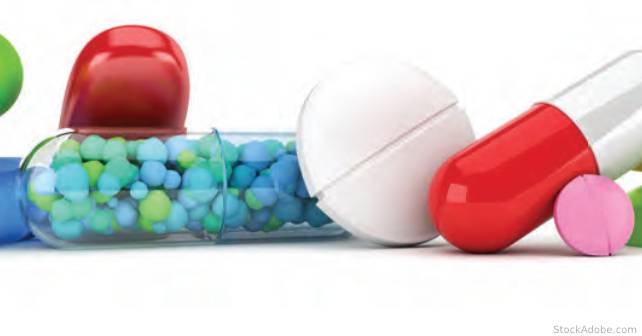What is a Lipid Profile Test? Understanding the Basics

In today’s fast-paced life, it’s essential to keep a close eye on your health, especially when it comes to your heart. One way to ensure your heart stays healthy is by checking your cholesterol and lipid levels regularly. That’s where a lipid profile test comes in. If you’re in a bustling city like Delhi, you’ll find this test easily available at diagnostic centers across the city. Whether you’re monitoring your health or have been advised by your doctor, a lipid profile test can provide critical insights into your body’s cholesterol levels.
What is a Lipid Profile Test?
A lipid profile test is a blood test that measures different types of fats (lipids) in your bloodstream. These include:
- Total Cholesterol: The overall level of cholesterol in your blood.
- HDL (High-Density Lipoprotein): Known as the “good cholesterol,” HDL helps remove other forms of cholesterol from your bloodstream.
- LDL (Low-Density Lipoprotein): Referred to as “bad cholesterol,” high levels of LDL can lead to blockages in your arteries.
- Triglycerides: A type of fat in your blood that provides energy but can be harmful in excess.
These measurements help doctors evaluate your risk for heart diseases, strokes, and other cardiovascular issues.
Why is a Lipid Profile Test Important?
Imagine this: a 40-year-old working professional in Delhi starts feeling tired even after light physical activity. A visit to the doctor reveals high cholesterol levels, which could have been caught early with a lipid profile test. Regular testing helps identify potential issues early on, enabling lifestyle changes or treatments to prevent severe complications.
The test is especially important if you have:
- A family history of heart disease
- Obesity or diabetes
- A sedentary lifestyle
- A diet high in saturated fats
Preparing for a Lipid Profile Test
Taking a lipid profile test is simple, but a little preparation goes a long way in ensuring accurate results:
- Fasting: Most doctors recommend fasting for 9–12 hours before the test. This means no food or drinks (except water).
- Avoid Alcohol: Steer clear of alcohol for at least 24 hours before the test.
- Medications: Inform your doctor about any medications or supplements you’re taking, as they may impact your lipid levels.
Where to Get a Lipid Profile Test in Delhi?
Delhi offers a wide range of diagnostic centers and labs where you can easily book a lipid profile test in Delhi. Many centers even provide home collection services, making it more convenient than ever. While choosing a lab, ensure it is certified and offers accurate results.
Practical Tips to Maintain Healthy Lipid Levels
Knowing your lipid levels is only the first step. To maintain or improve them, you can:
- Adopt a Heart-Healthy Diet: Include plenty of fruits, vegetables, whole grains, and lean proteins. Reduce your intake of saturated fats and trans fats.
- Stay Active: Regular physical activity, such as brisk walking, cycling, or yoga, can work wonders for your heart health.
- Quit Smoking: If you smoke, quitting can significantly improve your HDL cholesterol levels.
- Limit Alcohol: Drink in moderation to keep your triglycerides in check.
Real-Life Success Story
Ravi, a 35-year-old Delhi-based software engineer, had always ignored his family’s history of heart disease. A routine lipid profile test in Delhi revealed alarmingly high LDL levels. With his doctor’s advice, he made significant lifestyle changes, including healthier eating and daily jogging. Within six months, his cholesterol levels improved, and he felt more energetic and healthier.
Final Thoughts
A lipid profile test is more than just a diagnostic tool; it’s a way to take charge of your health. Whether you’re young and healthy or managing a chronic condition, this test can offer valuable insights to prevent future complications. If you haven’t already, consider scheduling a lipid profile test and take the first step toward a healthier heart.
Remember, it’s never too early—or too late—to prioritize your well-being.










